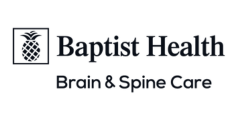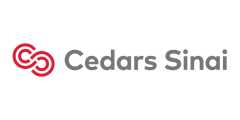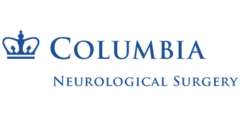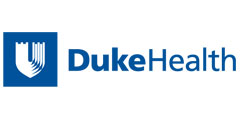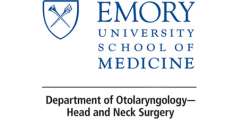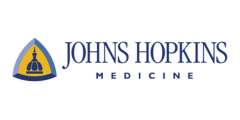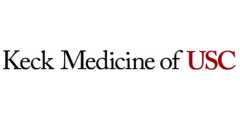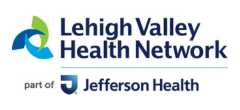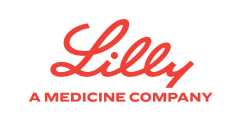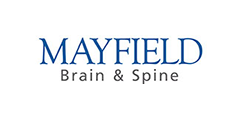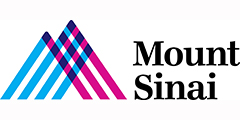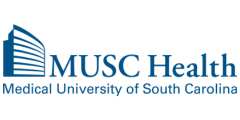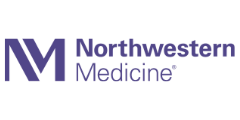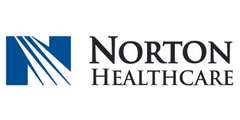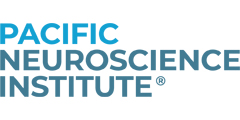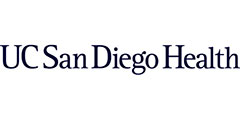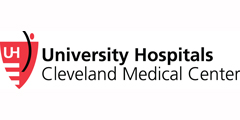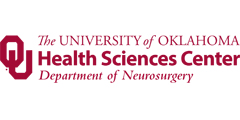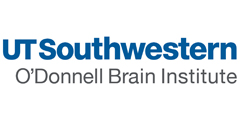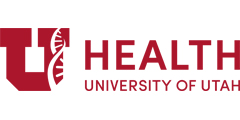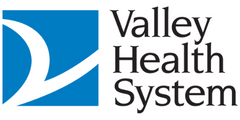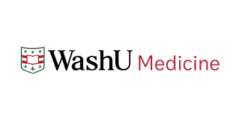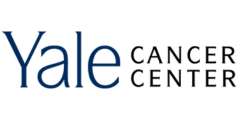What is the purpose of this study? The study is designed to investigate treatment outcomes in patients with large acoustic neuromas. Large acoustic neuromas tend to compress the brainstem and the facial nerve and in most cases the tumor is tightly adherent to these structures. In such circumstances it is not possible to remove the entire tumor during surgery as it may cause facial paralysis or brainstem complications. It has become a standard of practice for surgeons to remove all (called total resection), about 99% by volume (called near-total resection), or between 80-99% by volume (called subtotal resection) of these tumors depending on tumor characteristics encountered in the operating room. After surgery patients are monitored using MRI scans to make sure the residual tumor does not grow. If the residual tumor shows signs of growth patients receive stereotactic radiation therapy such as Cyberknife or Gammaknife. The potential advantage of leaving small residual tumor would be less chance of facial paralysis and other complications. However, this may come at the expense of residual tumor growth in future. It is our goal to investigate if one can optimize removal of the tumor and preserve excellent facial nerve function without increasing possibility of tumor growth and need for further treatment in future.
Who qualifies to participate? Patients with large acoustic neuromas (measuring 2.5 cm in the widest diameter in cerebellopontine angle) who have never received prior treatment.
What Centers are participating in the study?
- Stanford University, Palo Alto California (Robert Jackler, MD; Nikolas Blevins, MD; John Oghalai, MD)
- George Washington University, Washington DC (Ashkan Monfared, MD)
- Weill Cornell University, New York (Samuel Selesnick, MD)
- University of Iowa, Iowa city (Bruce Gantz, MD; Marlan Hansen, MD)
- University of Texas Southwestern, Dallas (Walter Kutz, MD; Brandon Isaacson, MD)
- Louisiana State University, Baton Rouge and New Orleans (Moises Arriaga, MD)
- Indiana University, Indianapolis (Rick Nelson, MD)
- University of Cincinnati in Ohio and Baylor College of Medicine in Houston are no longer accepting new patients.
Does participating in the study affect what type of treatment options I may have? No, this study is purely a data-collection study and does not, in any way, affect your treatment.
Would the study cover the cost of treatment? No, participants are responsible for the cost of their own treatment which is usually covered by their insurance provider.
Are there any additional costs or financial benefits to participate in the study? No, there will be no additional cost to you or your insurance companies nor any financial rewards because of participating in the study.
Are there any additional risks associated with participating in the study? Participating in the study simply allows the investigators at each institution to follow your progress over the years. There are obviously risks associated with treatment of large acoustic neuromas irrespective of participation in the current study. The data collected at each institution is forwarded to the coordinating Center in an anonymous fashion without containing any names or other personal information. Each participating institution will provide you with a consent form which delineates the details of the study.
What are my obligations if I agree to participate? There are no additional obligations to participate in the study besides what is required for treatment and follow-up of these tumors. You may be asked to fill out a short questionnaire during your visits. There is no cost to you, and you can withdraw or decline to participate at any time. Your decision to participate does not in any way affect your relationship with the Acoustic Neuroma Association®(ANA), and no funding from the ANA is being used to complete this study. Your personal information is never shared.
What if I have other questions? More detail about the study is listed on US National Institute of Health Clinical Trial website. You may also email Dr. Monfared at amonfared@mfa.gwu.edu.
How do I participate? If you are able to receive your treatment at any of the participating Centers, please contact Dr. Monfared to put you in touch with that Center’s coordinator.
Thank you for helping future generations of acoustic neuroma patients by participating in our study,
Ashkan Monfared, MD
Associate Professor of Surgery and Neurosurgery
George Washington University Medical Faculty Associates
Logos for the participating centers:













